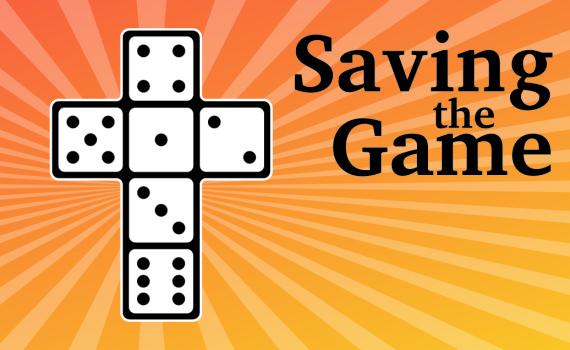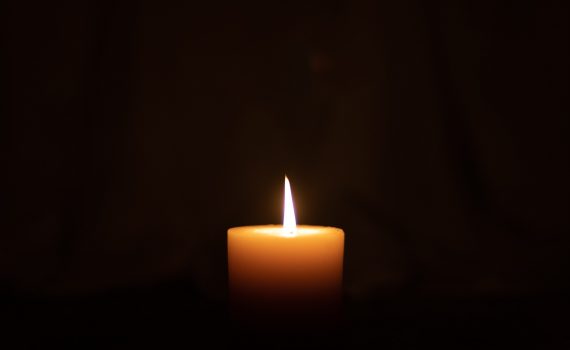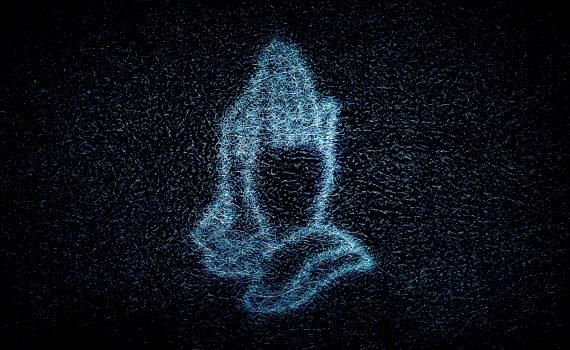This is it, folks: the last episode of Saving the Game. In this one, we explain why we’re shutting down the podcast, answer our remaining Patreon questions, thank people who helped us along the way, and reminisce a bit. We wanted closure for all of our listeners – and ourselves […]
For those who have not heard, we have decided to end the podcast. Next week’s episode will be the last one. I have a draft of a much longer, more introspective post started, but you know what? I’ve been posting a lot of melancholy and bittersweet stuff for the last […]
An Important Note: This is the second-to-last episode of Saving the Game. Our last episode will release in two weeks and will be a “goodbye” episode. More details in the episode itself and a full-breakdown in the next one. This is the second part of the Prep/Improv two-parter we brainstormed […]
As we near the end of 2020, it’s hard not to look both back and forwards with pessimism and cynicism – this year has taken so much from so many and has planted seeds of further tragedy and uncertainty that will likely take many more years to resolve. Hundreds of […]
This week we have another installment in Grant’s reading of the sermons of the Reverend Bob Lawrence. If you haven’t heard the previous entries, this one, like the others, is an imagined slice of life from someone adjacent to the Christmas story. Rev. Lawrence was quite the storyteller, and there […]
As I’ve mentioned in previous posts and readers have doubtless noticed for themselves, this has been an exceptionally rough year. We’ve been through what feels like a decade worth of struggle, hardship, chaos, discord, and, at least in my case, not a small amount of genuine fear. And there’s probably […]
This episode marks the first of the two episodes we came up with based on a Patreon Question back in episode 189 – we’re talking about GM Prep. We check in as usual and then – perhaps ironically, perhaps appropriately for an episode that we came up with while answering […]
This year has been a potent reminder that “may you live in interesting times” is a curse. The year has seen natural disasters, civil unrest, viciously polarized politics, and a massive global pandemic which has caused its own enormous set of problems. I have to admit, it was hard to […]
It’s a thing that often happens in games but seldom gets much detailed thought put into it: the PCs decide to go off and find something mundane to do like shopping or fishing. We start the episode off with the usual check-in and then move on to our Patreon question […]
I have made it known on both the podcast and this blog that I am not the world’s biggest fan of published adventures or settings. A lot of the creative enjoyment of GMing for me comes from making my own stuff, and with that as given, why would I skip […]
We’re back with our 4th-quarter episode selected by our Patreon backers and it’s definitely kind of an “old-school” episode by our standards where we take a specifically-biblical theme and unpack and discuss it. This time, we’re ruminating on the topic of Eden and all of the themes of paradise, fall, […]
Today is election day in the US. If you’re reading this the day it drops, live in the US and haven’t voted yet, mask up (we’re still in the middle of a pandemic, after all) and go do so. Much depends on it. If you’re looking for a little late-in-the-game […]






